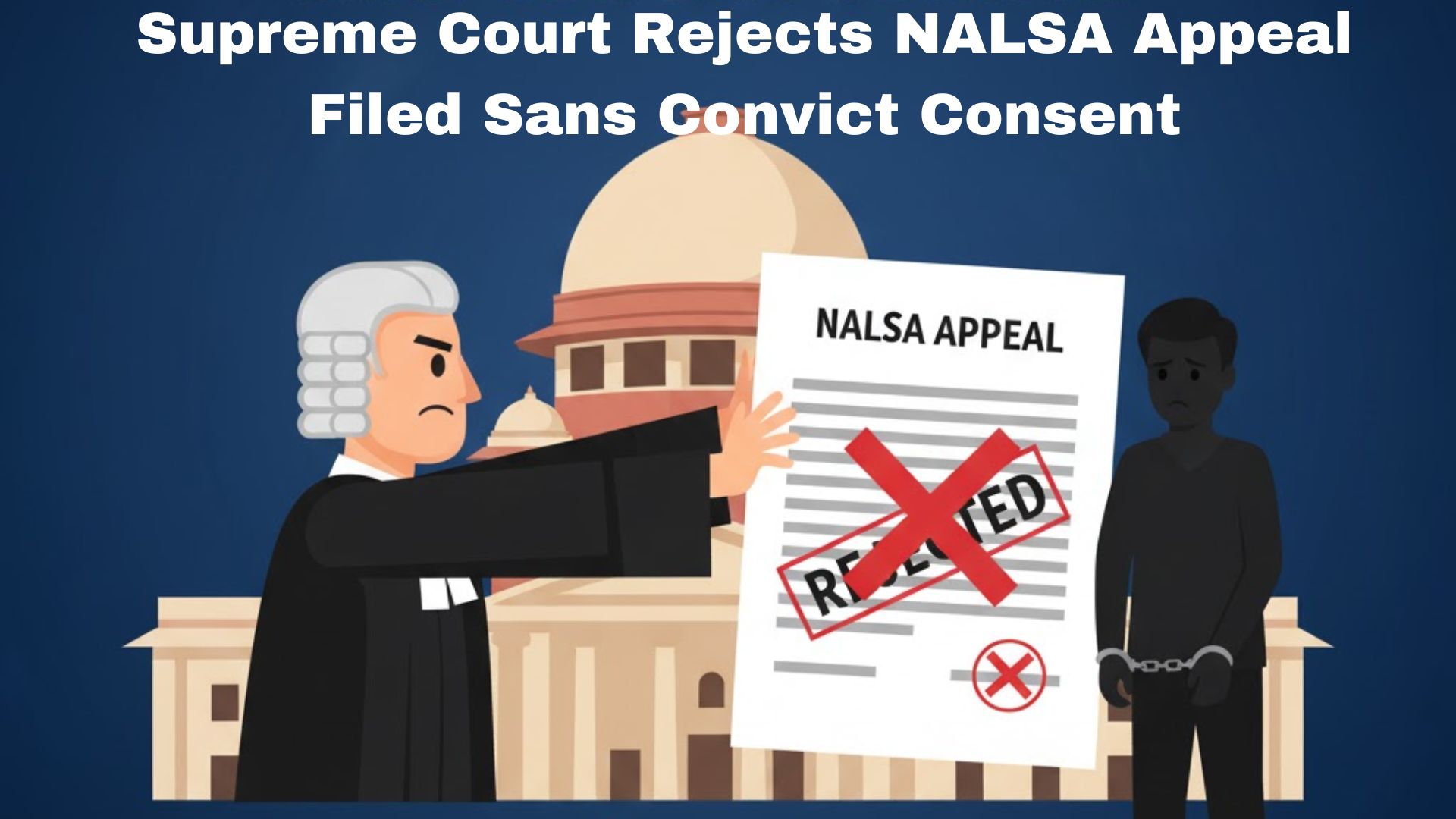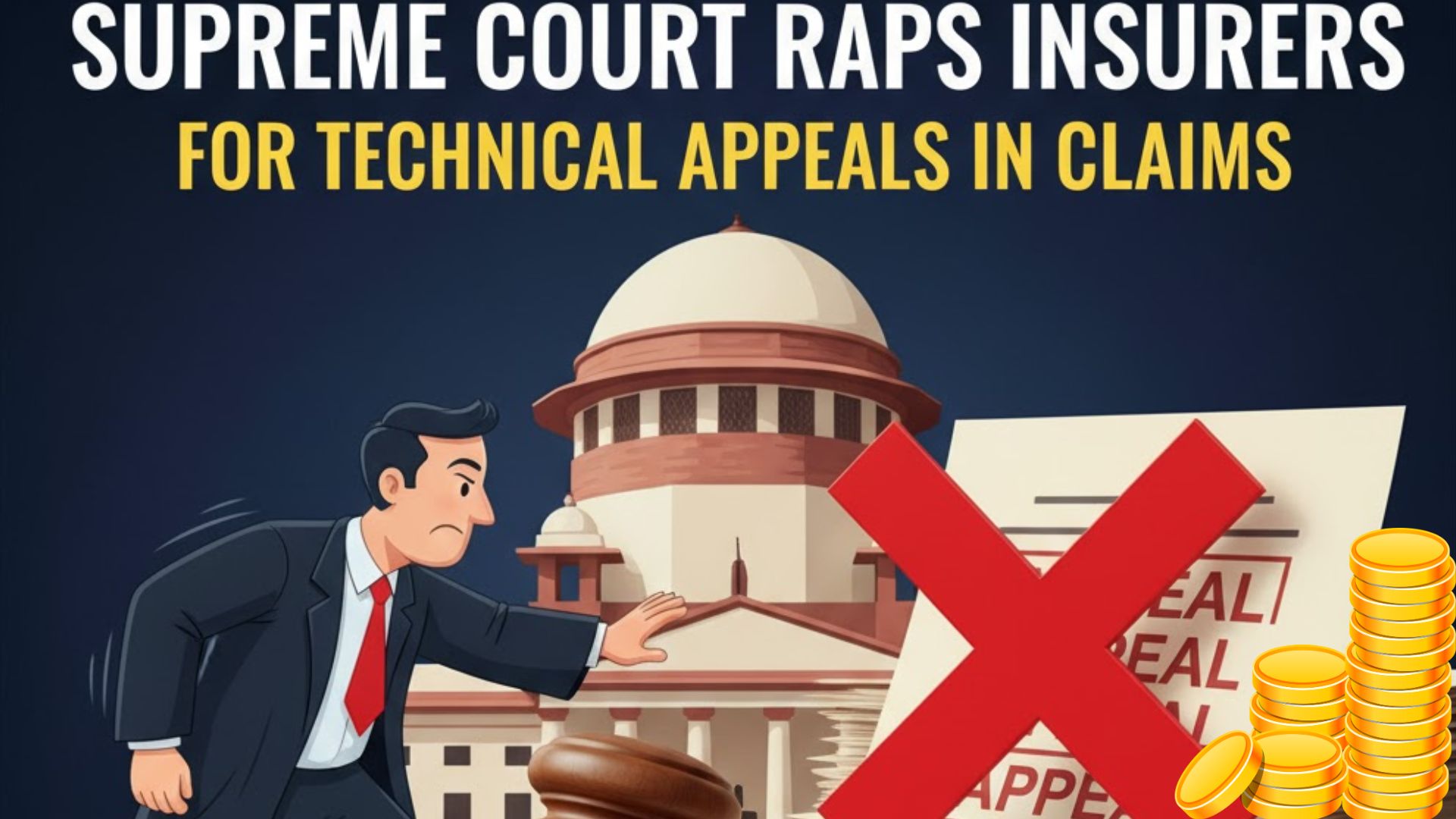1. This appeal is directed against an order dt. 30th March, 2005 passed by the Tribunal, Delhi Bench ''WT'' in WTA Nos. 73 to 75/Del/2004
relevant for the asst. yrs. 1996-97 to 1998-99.
2. In fact, the Revenue has filed three appeals. All of them are listed today and are numbered as WT Appeal No. 31 of 2005, WT Appeal No. 32
of 2005 and WT Appeal No. 33 of 2005. Today we are only considering WT Appeal No. 31 of 2005 because it has been shown by learned
Counsel for the assessed that the facts of this appeal are different of the other two appeals inasmuch as there is an amendment to the WT Act
which has a material bearing on the facts pertaining to the other two appeals, but not this appeal.
3. The assessed was the owner of a commercial building No. 16/15, WEA, Karol Bagh, New Delhi. This building was sought to be assessed to
wealth-tax. According to the assessed since it was a commercial building it was not included in the definition of ""assets"" as defined in Section 2(ea)
(i) of the Act. At the relevant time this section read as follows:
(ea) ''assets'' in relation to the assessment year commencing on the 1st date of April, 1993 or any subsequent assessment year, means:
(i) any guest-house and any residential house (including a farm house situated within twenty-five kilometres from the local limits of any municipality
(whether known as a municipality, municipal corporation, notified area committee, town area committee, town committee or by any other name) or
a cantonment board), but does not include-
(1) a house meant exclusively for residential purposes and which is allotted by a company to an employee or an officer or a director who is in
whole time employment, having a gross annual salary of less than two lakh rupees;
(2) any house for residential purposes which forms part of stock-in-trade.
The definition was subsequently amended w.e.f. 1st April, 1997 which is what makes this appeal different from the other two appeals.
4. According to learned Counsel for the assessed since a commercial building was not included in the definition of ""assets"", it could not be
chargeable to wealth-tax. This was the ground taken by the assessed in its contention before the AO.
5. To bring the assessed within the purview of the WT Act, the Revenue ought to have shown that it was not a commercial building but a
residential building and, Therefore, not entitled to exemption. We have gone to the assessment order and there is no such conclusion that has been
arrived at by the AO.
6. The learned Tribunal has noted in the impugned order that on a reading of the relevant section of the Act, the claim of the assessed ought to
have been allowed outright. Considering the view taken by the learned Tribunal, and the language of the section (which is quite clear), no
substantial question of law arises. Accordingly, the appeal is dismissed.
7. Insofar as the other two appeals are concerned that is WT Appeal Nos. 32 of 2005 and 33 of 2005, learned Counsel for the Revenue says that
similar issues have arisen in WT Appeal No. 25 of 2005 and WT Appeal No. 27 of 2005 [CWT v. Atma Ram Properties] which have already
been admitted. Learned Counsel for the assessed says that he needs time to look into the connected matter.
8. Accordingly, WT Appeal No. 32 of 2005 and WT Appeal No. 33 of 2005 are adjourned to 4th April, 2007 on which date the file of CWT v.
Atma Ram Properties be sent.
9. Insofar as WT Appeal No. 31 of 2005 is concerned, that is dismissed.

